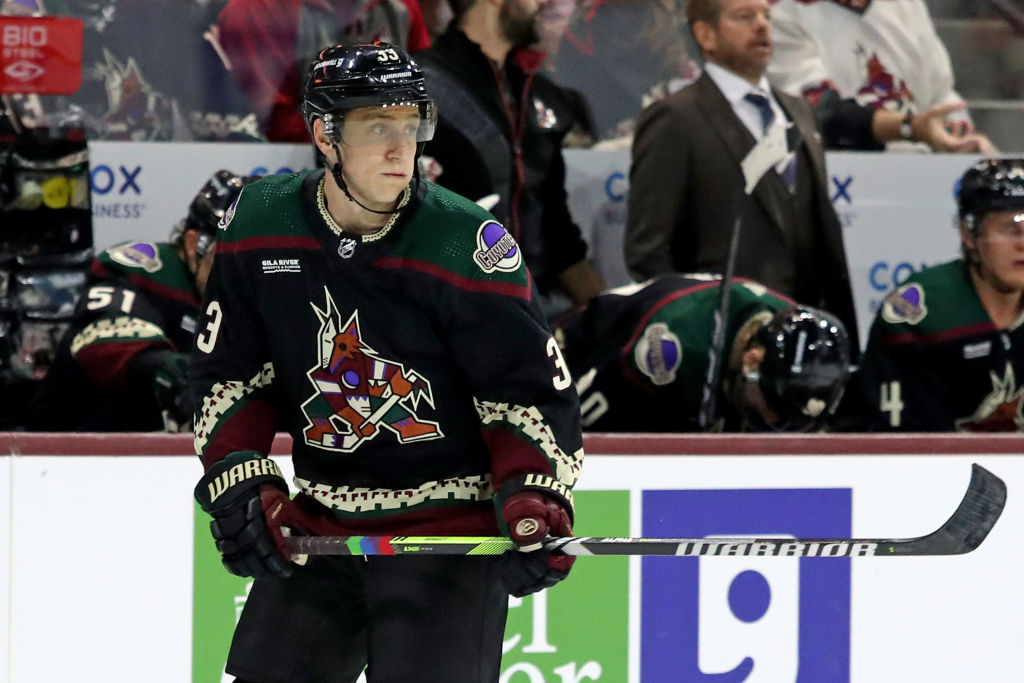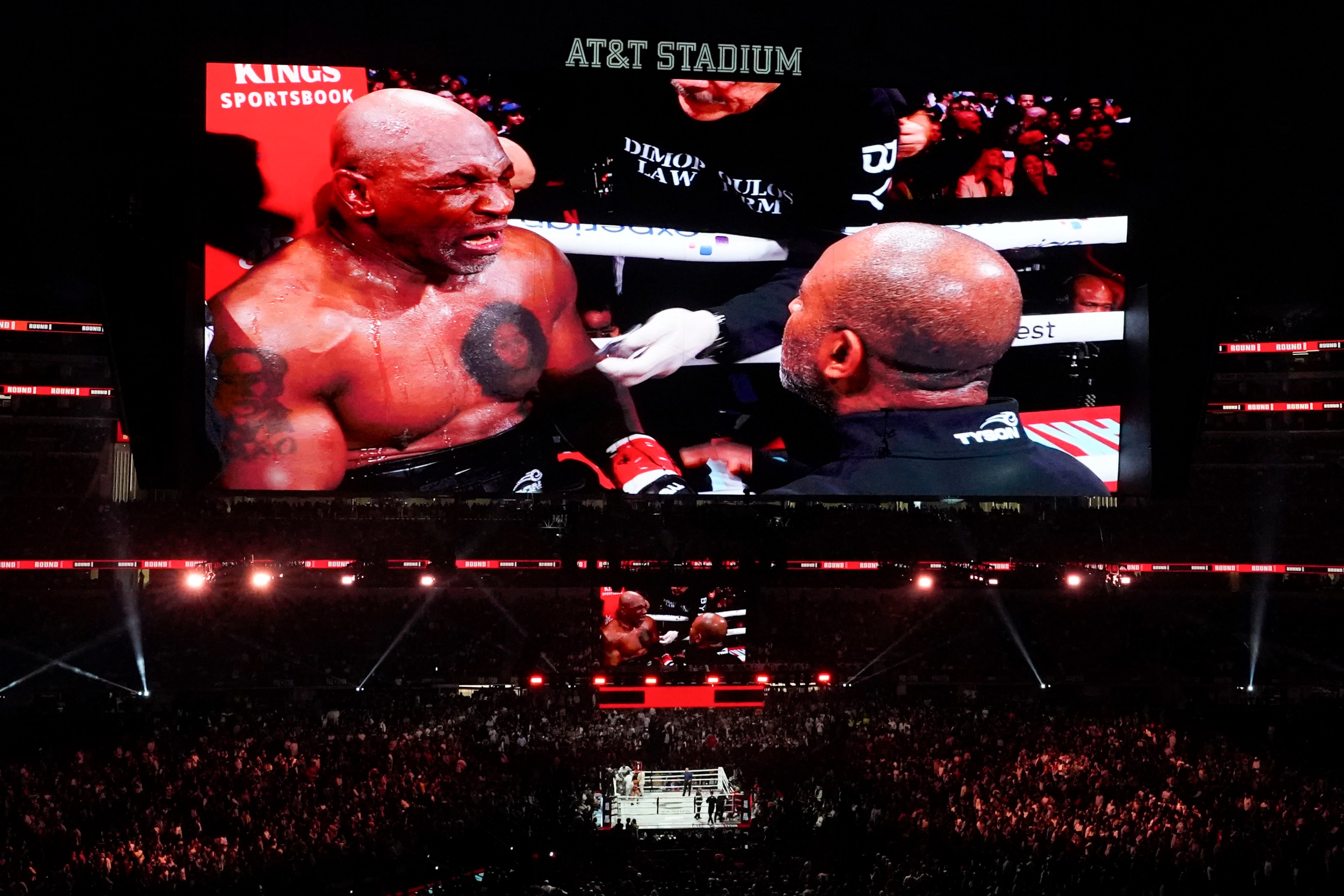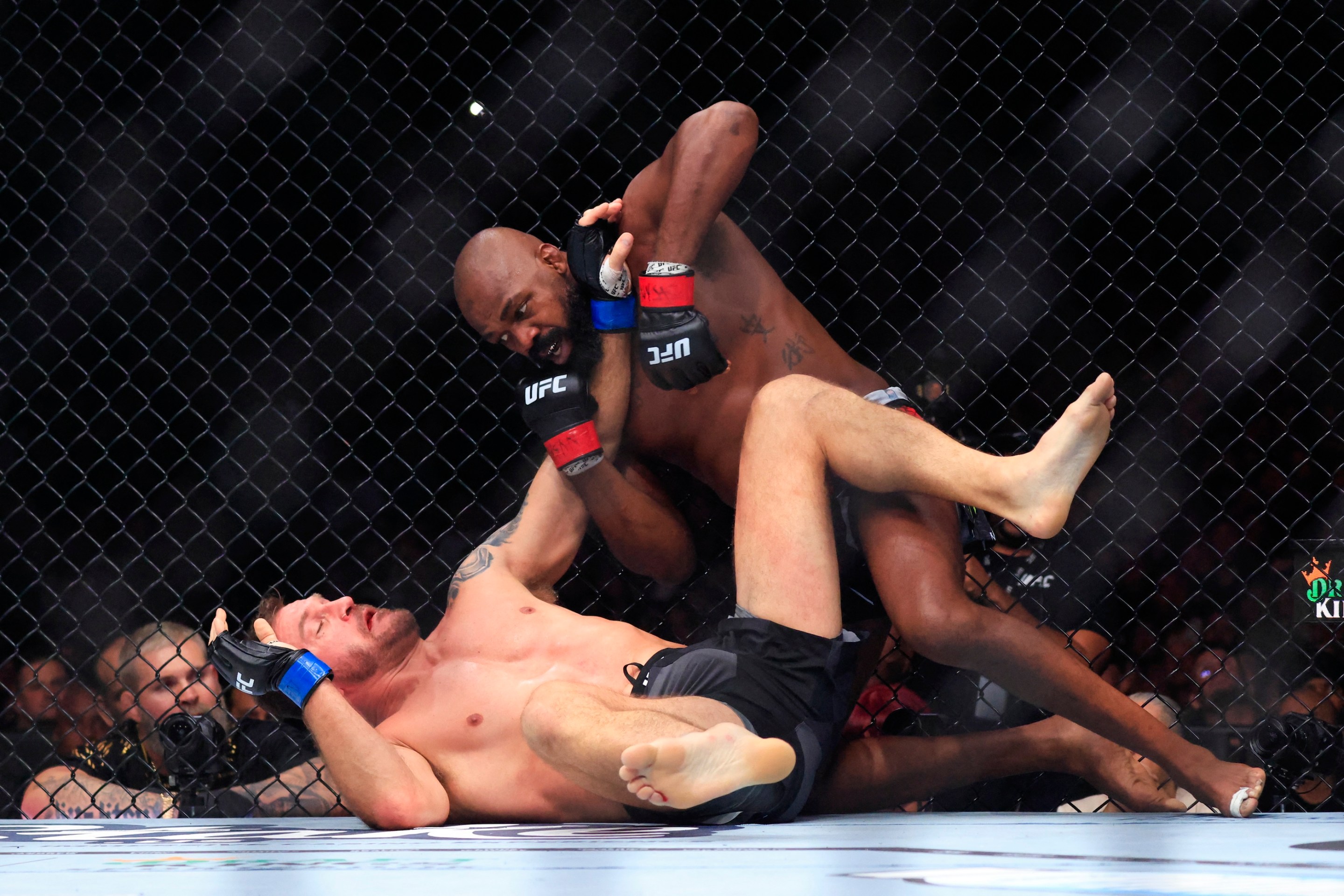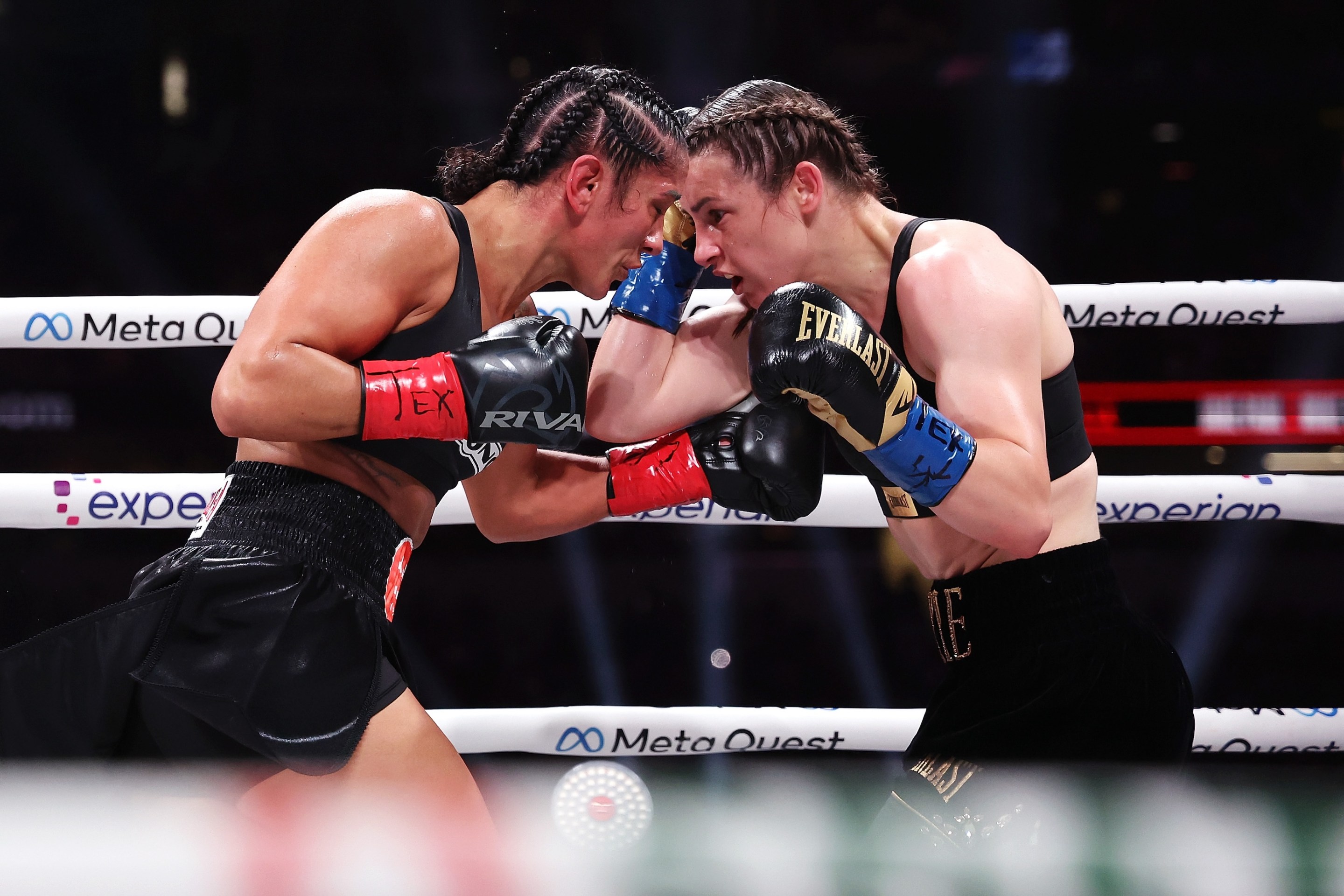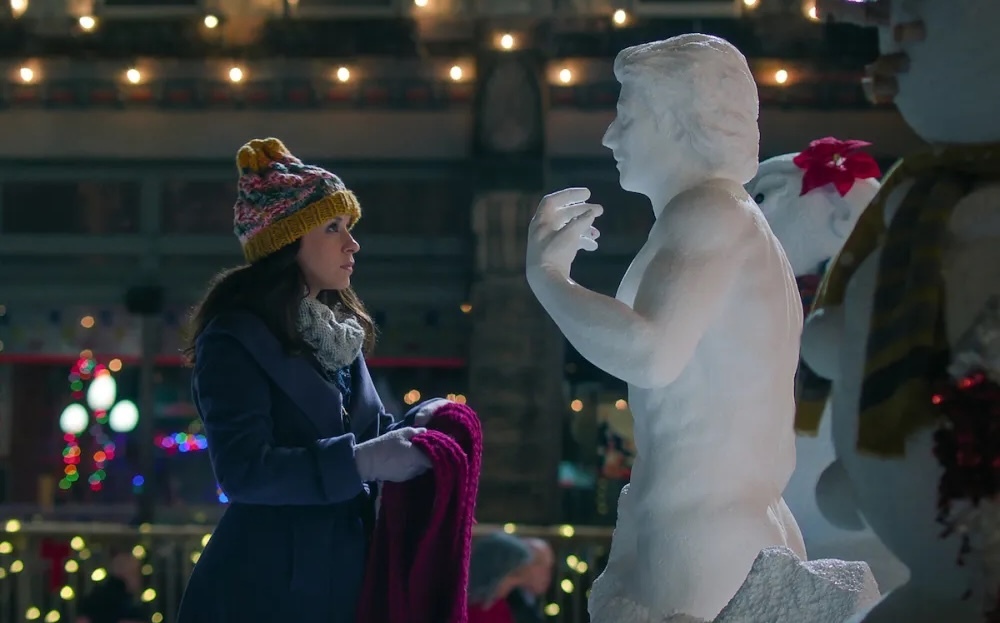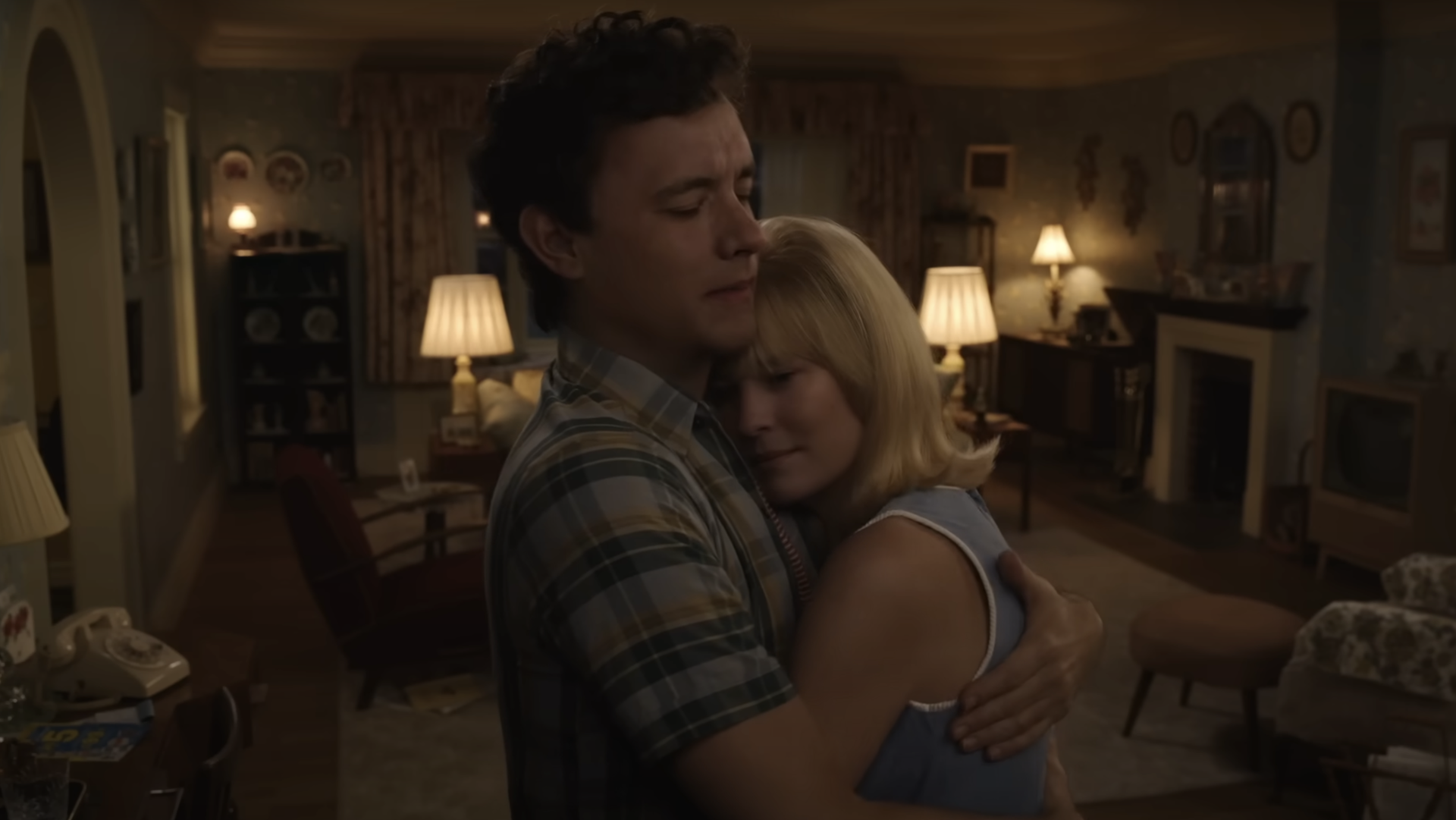The NHL shot itself in the skate when, in order to bail out the small number of players who refused to be associated with promoting gay rights, it issued new rules banning any kind of change in a team's uniform or on-ice equipment to reflect a special theme night. In theory that policy encompassed everything from supporting the military to fighting cancer, but in practice it existed to snuff out the Pride Night controversies that embarrassed a few teams last year, when not every player was on board with warm-up attire that implied they could see men smooch without entering a violent rage.
"It’s become a distraction," Gary Bettman said in the summer. He's right that gray is less distracting than rainbow, but the backtrack was just as annoying and attention-grabbing as the events that prompted it. If anything, the damage was much worse than any suffered last season in the little Pride flare-ups. The sport's culture already has a bad rap, and the demographic that the NHL is trying hardest to bring into the fandom is overwhelmingly supportive of gay rights. This move implicitly aligned the league with the homophobes looking to keep gays closeted in every aspect of public life. Nothing could have alienated prospective fans more than caving to a few bigots did.
Several players spoke publicly about their frustration with the reversal of progress, and while they couldn't exactly stitch their own uniforms in protest, pride tape stood out as the simplest way to rebel. Hockey players tape their sticks for both practical and vibe-based reasons, and usually, the tape is just black or white. But multicolored "pride tape" signals support and looks cooler, and before the ban it was a staple of NHL Pride Nights.
Flyers forward Scott Laughton was a notable player who said publicly he would defy the ban when Pride Night rolled around again this season, but Coyotes D-man Travis Dermott got a jump on him when he put it on his shaft before his team's game on Saturday. People noticed, it became a wide-reaching news story, and already the league has decided that, rather than punish Dermott as its new rules would mandate, they'll re-reverse the policy..
NHL statement on symbolic tape in support of social causes. pic.twitter.com/BJN0hAde2W
— NHL Public Relations (@PR_NHL) October 24, 2023
I've said most of what I want to say about Pride Nights, which is that I find them helpful for coordinating a game to go to with friends but otherwise pretty hollow. For that reason, I get a little peeved when I'm expected to defend minimal gestures toward my humanity. For all the hoopla around pride tape, look at Dermott in the photo at the top of this post: Would you ever notice it if you weren't looking for it? It's an olive branch you need a telescope to spot.
The innocuousness of the tape emphasizes the empty gestures that define corporate-friendly Pride Nights, but in this specific context, on Dermott's stick, it's something more. The choice itself was neat, but I was genuinely moved by the way the Coyote expressed himself when asked about it. It's clear that, to Dermott, the tape is a real, meaningful expression of support for a community whose well-being he cares about.
“It’s easy to forget that it’s a battle if it’s not in front of you,” he said. “If you don’t see it every day, if it’s swept under the rug, if it’s just hidden from the naked eye, it’s easy to forget that there’s a group of people that don’t feel like they belong, because the majority of people do feel like they belong. Once we stop thinking about that, I think that’s when it gets dangerous.”
With the end of the ban, the tape becomes innocuous again. But what lingers is Dermott's conviction, and the inspiring fact that he challenged a dumb NHL rule and almost instantly got it changed. I wonder what else the league would cave on if a player had the guts to test it.
